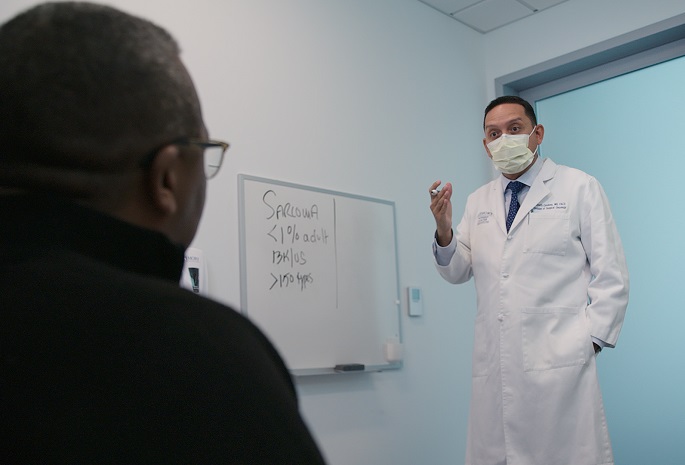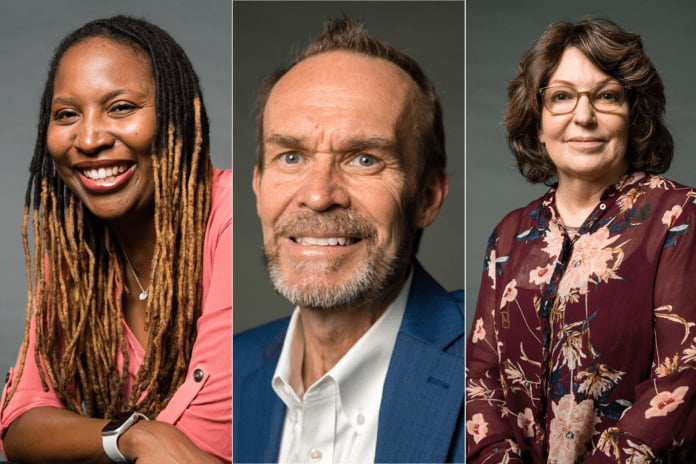Receiving a cancer diagnosis can be devastating. Just imagine how hard it would be to hear the news as a young adult. The challenges of being diagnosed with cancer between the ages of 18 and 39 are different from those in patients who are diagnosed later in life.
Many young adults diagnosed with cancer experience a disruption in a new career and dating. Cancer and any treatments that follow can sometimes have long-term effects on a person’s ability to start a family.
Here are eight ways to help you cope with cancer as a young adult:
- Request and ask for help. Having a support system during this time is critical. Be sure to reach out to others for support even after your treatment is completed.
- Consider giving friends and family members specific tasks in order to help you. Some friends and family members may not be sure how best to support you during this time. It may be helpful to you and them to provide friends and family members with specific requests. For example, request rides to treatment, or ask for certain meals to be made or errands to be run.
- Educate yourself. Having knowledge about your diagnosis and treatment often helps young patients maintain some sort of control during this time. This also helps to ensure you are making educated decisions about your healthcare.
- Ask questions! Do not hesitate to ask your healthcare provider if you have any questions. Write down your questions prior to your medical appointments.
- Inquire about how your treatment will affect you. Many treatments affect a patient’s ability to conceive children in the future. Talk with your medical professional about this and what options may be available to you.
- Consider reaching out to other young cancer survivors through young adult support groups or connecting online. The Winship Cancer Institute of Emory University currently has a new Young Adult Cancer Survivor Online Support Group that meets once a month. This group is specifically for any young adult who was diagnosed with cancer between the ages of 18 and 39.
- Reach out to a social worker for additional emotional support. Oncology social workers have a special level of expertise and are trained to provide support to patients as they are coping with diagnosis and treatment. It is often helpful to be able to process your feelings with someone else. Social workers also have a wealth of knowledge about additional resources that may be helpful.
- Try not to compare yourself to other friends or family members. Your cancer diagnosis may have altered your life pattern; however, it does not have to destroy it.
The cancer diagnosis is something that happened to you, but it doesn’t have to define you or control your future. There is help out there; you just have to know where to look and who to ask.




